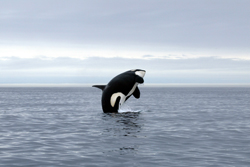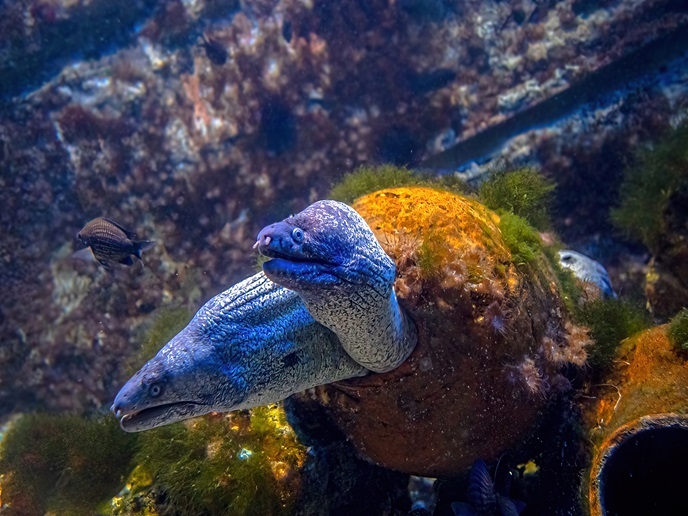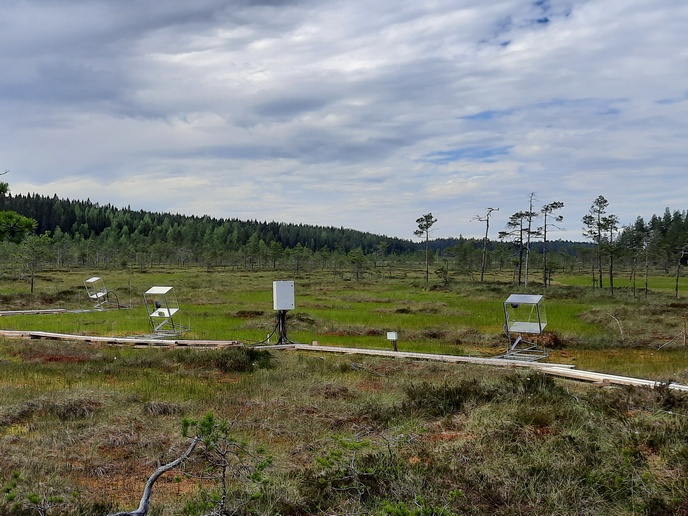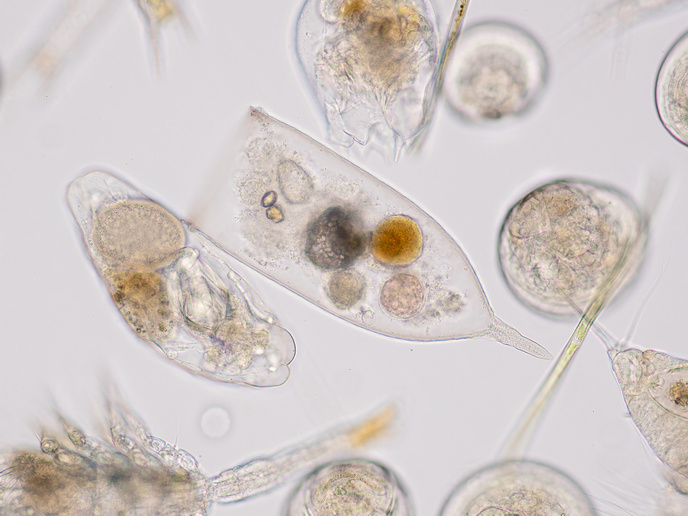Ecology research heads out to sea
As global warming and pollution increasingly threaten our seas, the EU is examining strategies to mitigate these hazards and temper the oceans' delicate ecological balance. One EU-funded initiative in this direction has been the 'European network of excellence for ocean ecosystems analysis' (EUR-Oceans). With the support of European research organisations, the project aimed to establish a strong network of stakeholders to analyse ocean ecosystems alongside the effort to combat global change. One of the project's main activities has been to study the open seas away from shores and ocean floors, i.e. pelagic zones, which have not been addressed as much as ecosystems closer to land. The network of excellence brought together experts involved in pelagic ecosystems and marine resources, as well as in fields such as biogeochemistry and environment. In the long run, the project aimed to create the EUR-Oceans institute to investigate endangered ocean ecosystems, whether the dangers are man-made or natural. It sought to build and solidify integration among organisations in order to create an institute with strategic locations. A multi-site establishment would enable all players to develop advanced models of ecosystems as well as to share sophisticated equipment, among other resources. The initiative was supported by other notable European marine networks of excellence such as MarBEF and Marine Genomics Europe in order to help establish the institute. Partnerships between the EU and the United States were also developed to strengthen such a vision, particularly in the area of impact simulation and food web dynamics of pelagic ecosystems. The project's results and recommendations to promote the network, which involved activities in science centres and aquariums, were disseminated through workshops and short films, online and via other relevant activities. The EUR-Oceans project is an important step in creating heightened awareness of the plight of the oceans.







